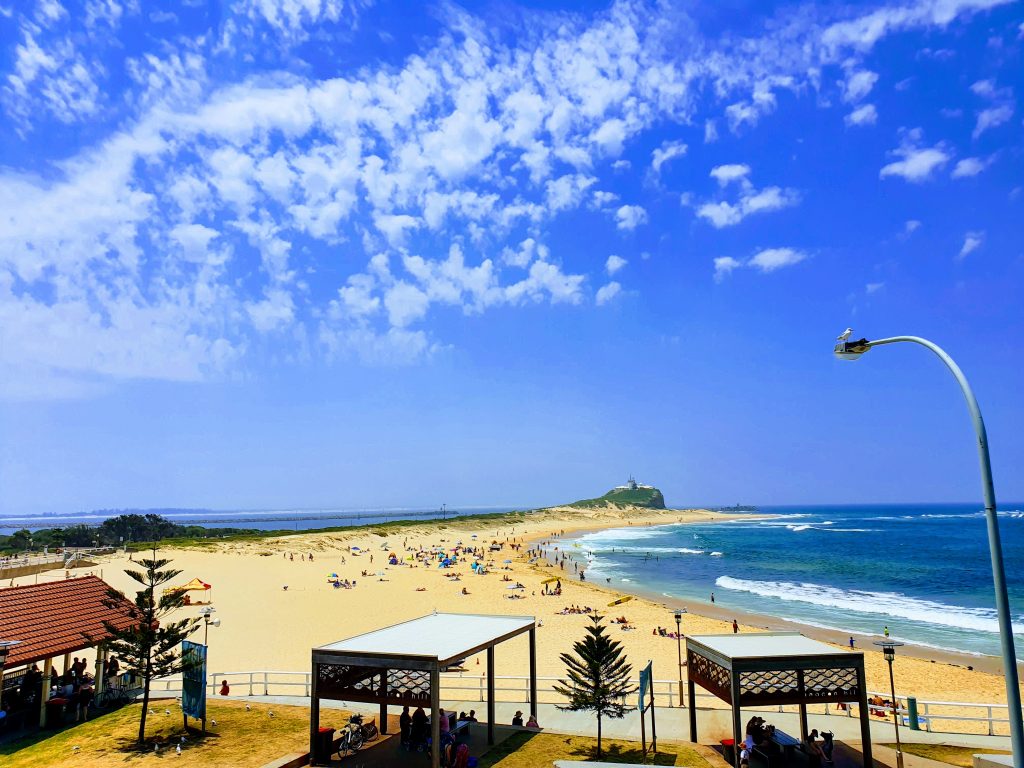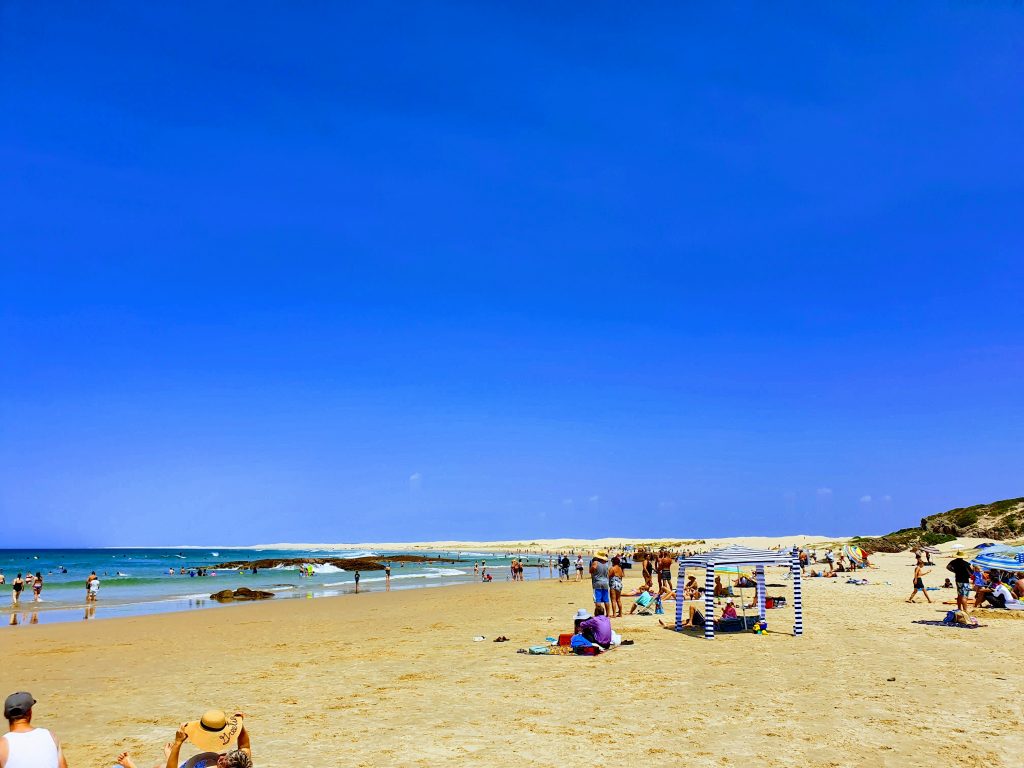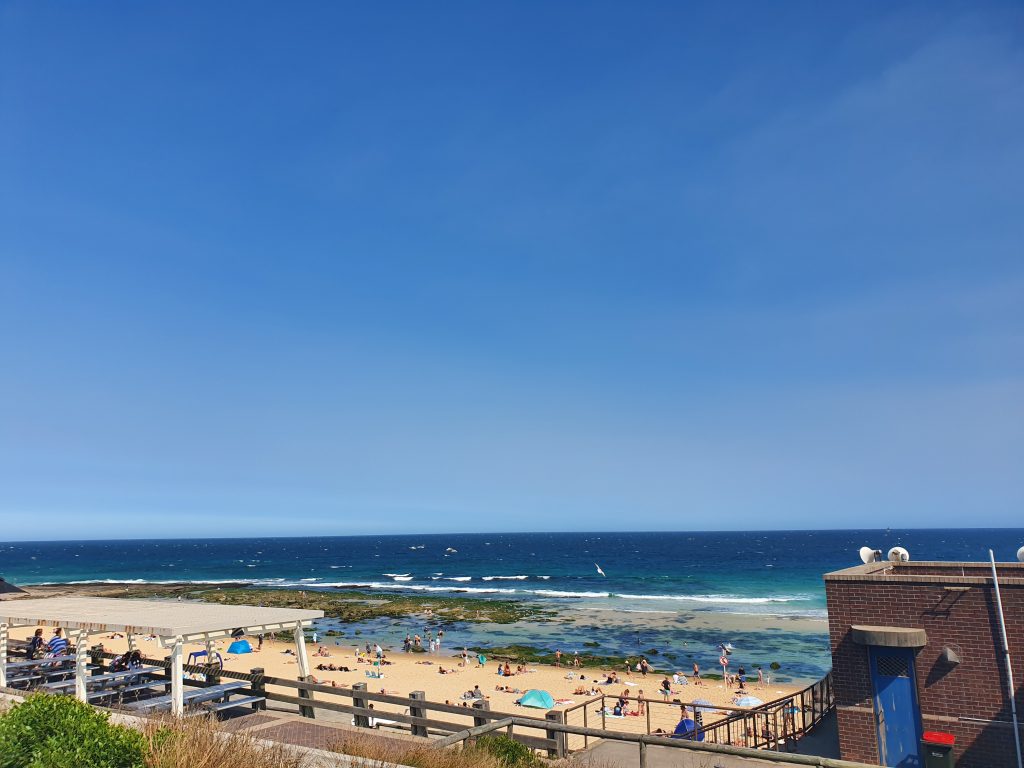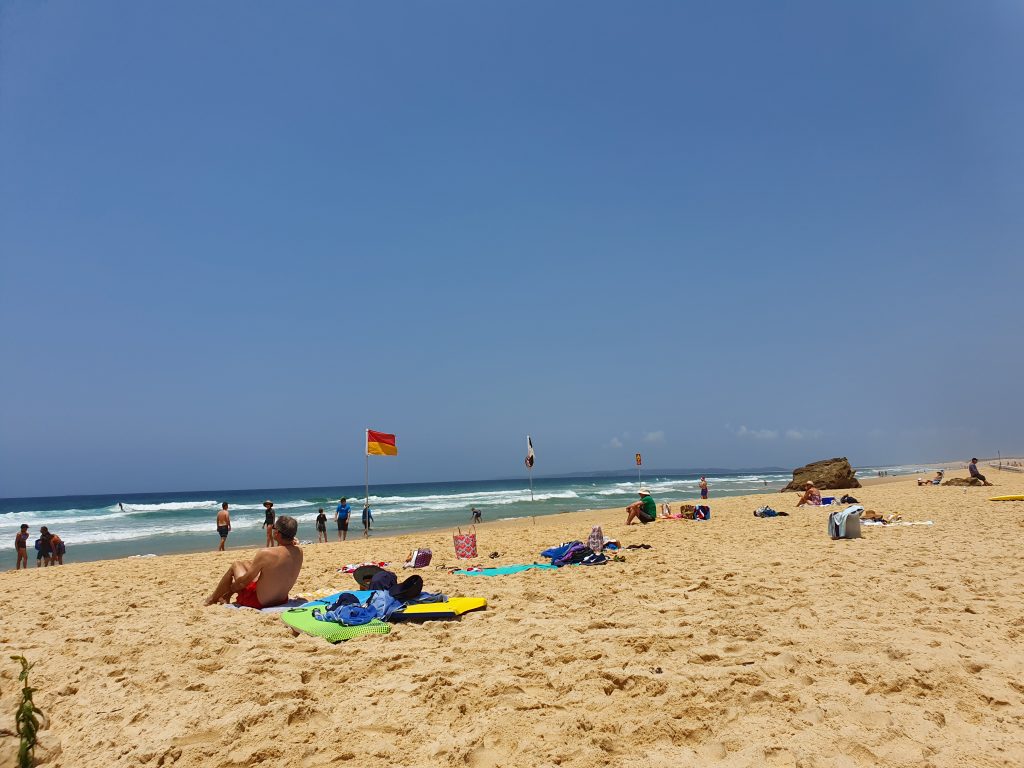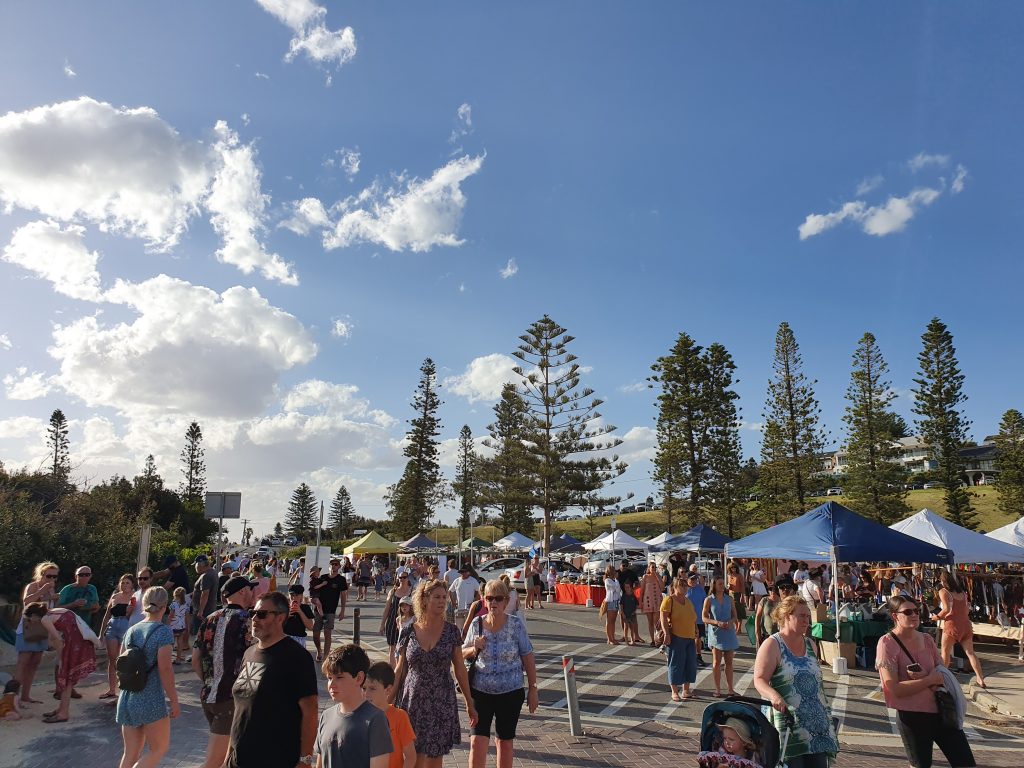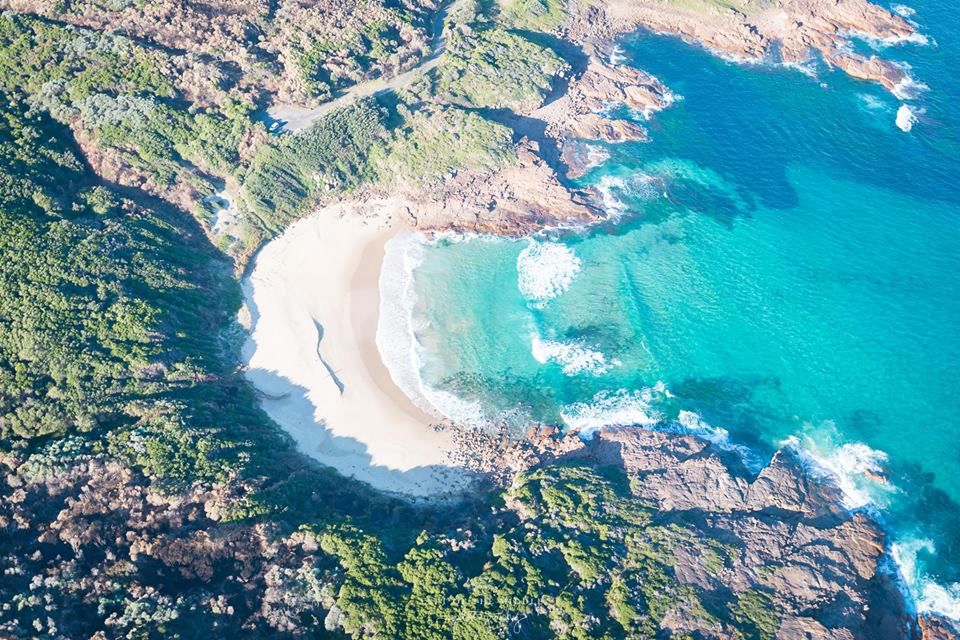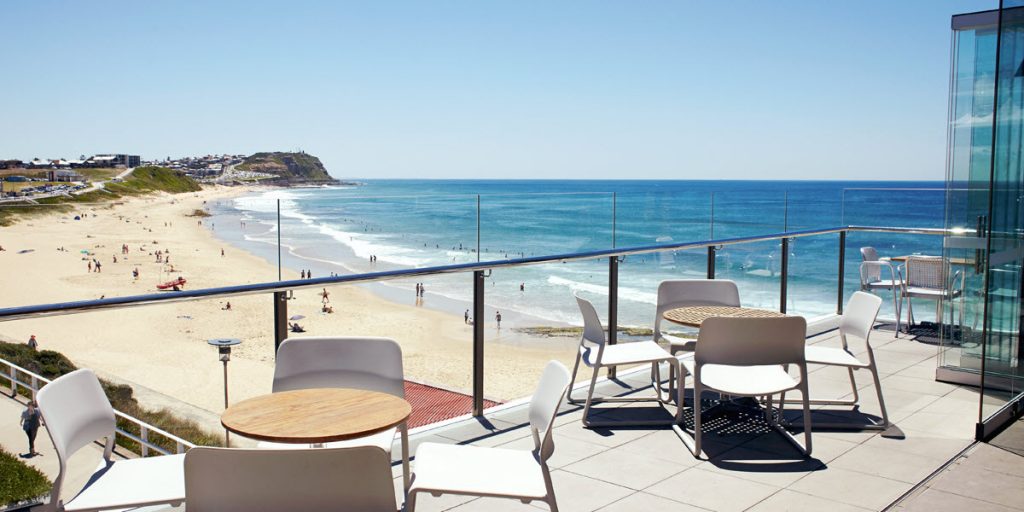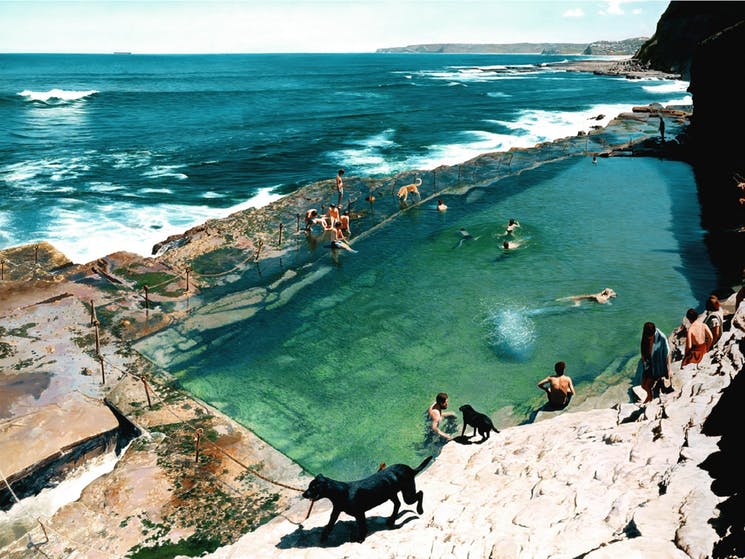
Strata Corporations are self-funded entities and at this time there is no government relief funding available for them to assist in the management and cashflow of their funds.
A Strata Corporations has a statutory duty to repair and maintain its common property in a good and structurally sound condition, which includes cleaning of common areas, maintain adequate insurance policy and provision of essential services (i.e. lifts, security, electricity, gas, and water).
To ensure a Strata Corporations is able to meet its financial obligations, Owners are still required to pay their levied contributions, as approved at a General Meeting.
In some instances, the Strata Corporations can review ways to reduce their expenditure during these times of uncertainty and to assist cashflow requirements.
It is suggested that any non-urgent sinking/capital works should be placed on hold and consideration be given to temporarily cutting the sinking/capital works levy if owners require levy relief (further noting that this will not be possible unless a scheme has adequate savings, and if any works are able to be placed on hold). We recommend that the Strata Corporations undertakes a revision of their Capital Works Fund Plan, to defer all non-essential works for another 2-3-year period. This will provide for an opportunity to catch up, as well as maintain their legal requirements under the Act.
Generally review your contracts, as sometimes a contract is on a rollover, and if the service is non-essential, it may be able to be suspended or services limited if possible.
A breakdown of services considered essential and non-essential for a Strata Corporations is noted as follows (note: other services may be available to the building).
| Item | Notes | Action |
| Strata Management base fee | Contractual cost – no saving to be made, noting that we have an increased workload relating to COVID-19, additional costs incurred which are not recoverable and pressure on parts of our revenue | n/a |
| Strata – Additional Services | These are costs that are effectively optional for an owners corporation/body corporate | Committee consider undertaking the work themselves (e.g. running committee meetings themselves, preparing agendas/minutes) Lesser costs for meeting Put off non-urgent works |
| Taxation | Statutory Requirement – unchanged | n/a |
| Legal Costs | Unless a legal matter is ongoing, these may be able to be delayed (e.g. tribunal action for a breach of by-law) Note that defect statutory timeframes still need to be complied with | Consider whether matter important enough (or possible) to pursue legally and whether there is a requirement/obligation to do so |
| Disbursements | Must be incurred when owner has only provided a mailing address in relation to levies/statutory notices (e.g. agendas/minutes), as well as operating costs under the Agreement | Owners/agents should provide email addresses to reduce disbursement costs and otherwise discuss with their manager how these costs might be reduced |
| Software | n/a contractual cost | n/a |
| Insurance | Required | As always, broker should be working to ensure owners get the best deal. Payment installment or premium funding may be options. |
| Building Management | Contractual cost | Building Managers are now busier as a result of COVID-19 and are considered an essential service provider. Services delivery may be delivered by alternative means to ensure social distancing. Critical to scheme and resident management. |
| Security/Concierge | Generally contractual in nature | This should be reviewed case by case. |
| Cleaning | Essential service – may increase due to extra cleaning required | Cleaners are now busier as a result of COVID-19 |
| Gardening/Landscaping | Possible to reduce cost but ensuring that gardening/landscaping doesn’t get out of hand | Residents could consider undertaking the work themselves, but ensure you notify the insurer of the type of work being undertaken, in order to maintain liability coverage under Voluntary Workers Policy |
| Fire Maintenance | Essential service | n/a |
| Fire Monitoring | Essential service | n/a |
| Fire Repairs | Essential service | n/a |
| Lift Maintenance | Essential service | n/a |
| Lift Telephone(s) | Essential service | n/a |
| Air-Conditioning | Essential service | n/a |
| Pumps/Irrigation/On-site detention | Essential service | n/a |
| Access Control System | Essential service | n/a |
| CCTV | Essential service | n/a |
| Electrical | Essential service | n/a |
| Exhaust/Ventilation | Essential service | n/a |
| Garage Doors | Essential service | n/a |
| Garbage Compactor | Essential service | n/a |
| Gym Equipment | Gym should be closed | Costs to maintain equipment/utilities in relation to gym offset |
| Hot Water Equipment | Essential service | n/a |
| Locks/Keys | Essential service | n/a |
| Pest/Vermin Control | Possible to reduce costs by decreasing the amount of sprays completed; not applicable to termite sprays due to warranty | review |
| Pool (Servicing/Chemicals) | Pool should be closed Nb – Councils still require compliance and chemical/maintenance costs cannot be fully eliminated. | Costs to maintain equipment / utilities (heating/lighting) / chemicals in relation to pool offset |
| Plumbing and Drainage | Essential service | n/a |
| Window/Facade Cleaning | Able to reduce cost | Reduce the amount of window/facade cleaning visits NB – if cleaning is required under warranty, ensure that it occurs as normal |
| Electricity | Essential service | n/a |
| Water | Essential service | n/a |
| Gas | Essential service | n/a |
| Rubbish Removal | Essential service | n/a |
| Carpet Cleaning | Possible to reduce costs by decreasing number of cleans | Review needs |
| General Repairs & Maintenance that could pose OH&S (i.e. broken tiles) | Essential service | n/a |
| Roof/Gutter Repairs & Maintenance | Essential service | n/a |
| Telephone Expenses (i.e. lift/fire) | Essential service | n/a |

